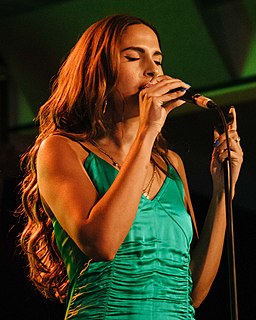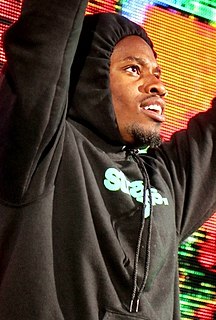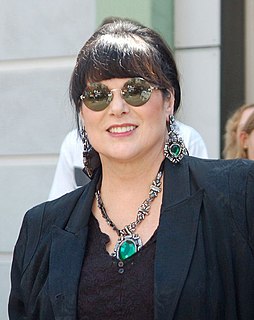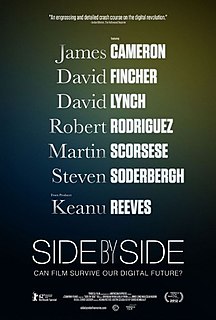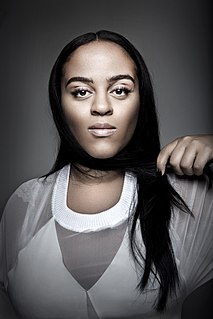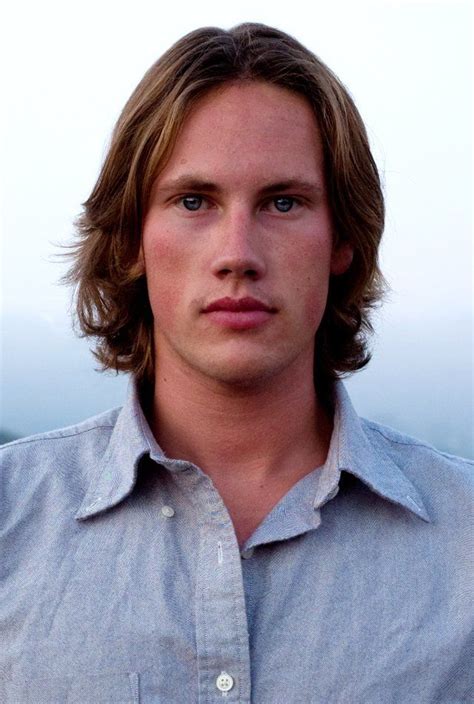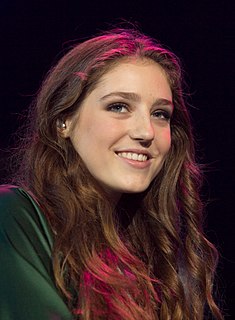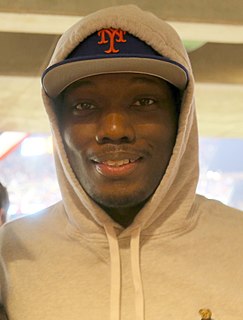A Quote by Snoh Aalegra
We have a lot of indie artists coming from Sweden, not so much soul. The closest thing we had was Robyn when she came out, but it's a different kind of R&B.
Related Quotes
The artists always reflect the times, so there's a lot to think about, a lot of unknowns, a lot of things that are describable. This is the closest I've seen to the kind of ambience that made the '60s happen. It's not about the artist having a responsibility to do anything. They have to be artists and express themselves and everything will work out fine.
When I lived in New York, there wasn't as much TV or film around. I got asked to do a couple of indie films, just based on me being from The Smashing Pumpkins and A Perfect Circle. I did a couple of indie movies from Japan and one from Canada, and I thought it was an exciting, fun thing to do. I had a great time doing it, it was just that, in New York, there really wasn't as much. My studio in New York closed, so I moved out to L.A. and just started looking into composing as another thing to do, as a musician. I like it a lot. It's fun and it's a different way of thinking about music.
The thing that really got me about Janis the most, was how liberated she was. She stood in that power even though it was kind of that platform of blues of being completely tormented, that enabled her to just stand there and let it go at a time when woman were not doing that...she just came out in the completely undone, unwrapped way and I think spoke right out of a woman's soul. Directly.
At that moment a very good thing was happening to her. Four good things had happened to her, in fact, since she came to Misselthwaite Manor. She had felt as if she had understood a robin and that he had understood her; she had run in the wind until her blood had grown warm; she had been healthily hungry for the first time in her life; and she had found out what it was to be sorry for someone.
If you go back to the '80s, you had a whole plethora of artists, everyone from Madonna and Cyndi Lauper to Prince. God bless Lady Gaga for doing her thing, but she's kind of a lone peacock now. If anything, we have a much more conservative kind of pop world. It's not necessarily about individuality.
It's true - my mother kicked me out the house at 14. I had to go live with my sister. I had some problems. I was very rebellious as a kid. I don't even know why or where it came from, but I had a lot of anger. Me and my mom clashed a lot because she didn't tolerate that, as she shouldn't from a 14-year-old.
